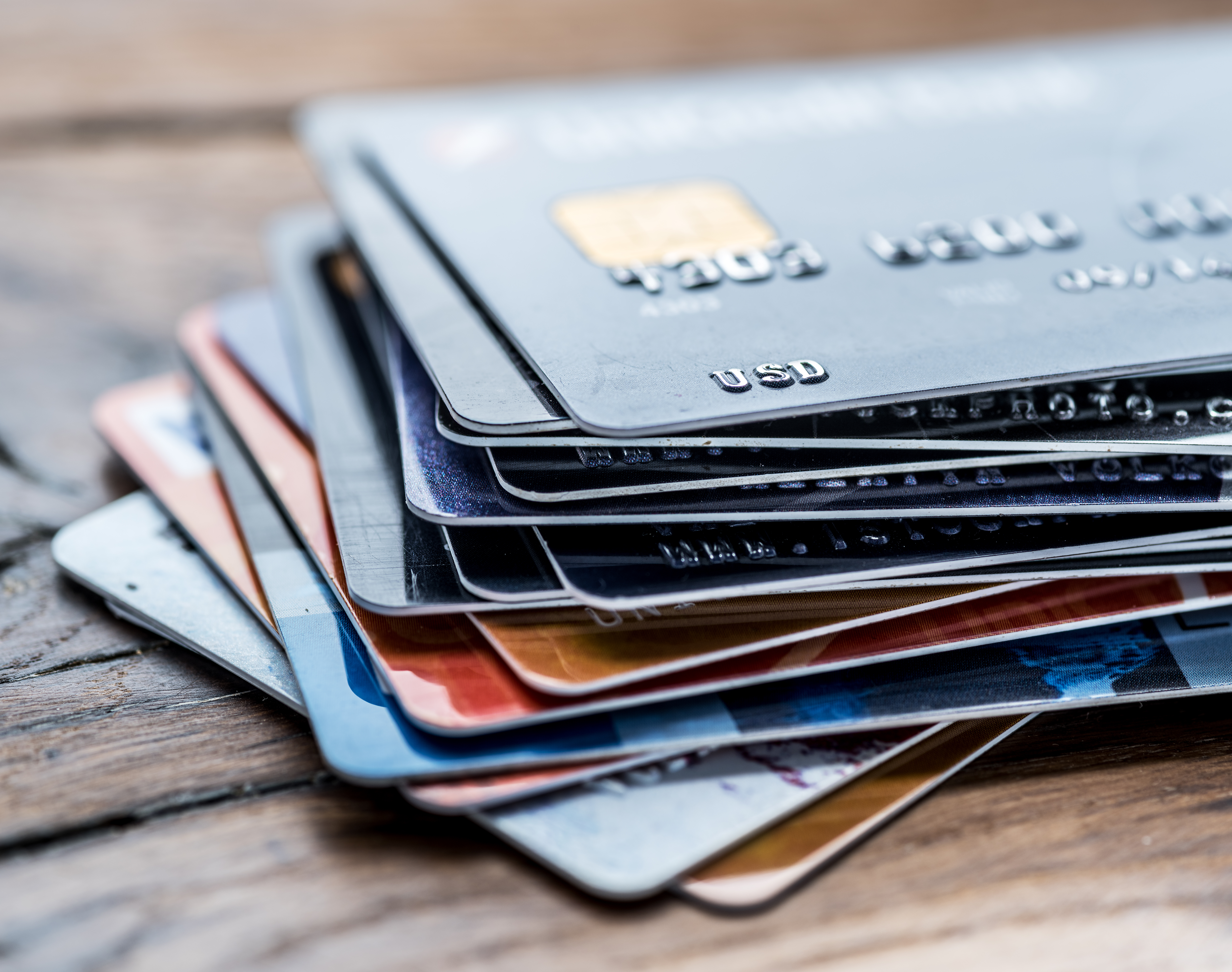FINANCIAL ADVICE | BUYING A HOME
Debit Cards vs Credit Cards For Purchases
Published February 12, 2019

Key Takeaways
- Here are some of the pros and cons of credit vs. debit cards.
- Credit cards win the reward category.
- So, there is little risk of getting into an impossible debt situation with a debit card.
Should I use my debit card or credit card to make purchases?
Should you pay for stuff with your credit card or with a debit card? Bottom line, it comes down to how financially disciplined you are. If you're the kind of person who only charges what they need and pays their balance off every month like clockwork, you can earn some sweet rewards from credit card companies, like frequent flyer miles and cash back just for using your card. However, if you're not that disciplined and there's a risk of just building up debt, figuring you can pay it off later, you had better stick with a debit card. Here are some of the pros and cons of credit vs. debit cards.
PRO: Credit Cards Offer Rewards
Credit cards win the reward category. If you have good or excellent credit, you may qualify for a card that offers 1-to-5% cash back, or points toward a purchase (a point represents a certain amount of money), or something like frequent flyer miles. If you pay $50,000 worth of expenses on a credit card with 5% cash back, that's $2,500. If you pay off your card every month, that is a great perk.
Debit cards are more likely to give you 1% cash back (if that) or discounts on mortgages or car loans, which is less exciting.
CON: Risk of Credit Card Debt
Great rewards, however, often come with great risk. You gain no ground if you earn 5% cash back, but you're paying 18% interest on previous purchases. Credit cards invite people who struggle to manage their money to dig themselves a hole so deep they can't get out. Federal Reserve data shows that at the end of 2018, U.S. citizens had nearly $15 billion in credit card debt.
Debit cards, on the other hand, generally don't let card holders spend much beyond what's actually in the bank. So, there is little risk of getting into an impossible debt situation with a debit card.
PRO: Fraud Protection
With a credit card, the credit company pays for the transaction, and you pay the credit company back, with interest. The money is not being pulled directly out of your account. So, if someone has your credit card, or you make an expensive purchase that turns out to be a poor product, the credit card company can help you dispute the fraudulent transaction or help you make a return on a poor-quality product.
The bank who issues the debit card will usually cover you, too. Sometimes they'll even replace the money right away on a "provisional" basis while they establish that fraud did, in fact, occur. However, it can sometimes take weeks to get your money back.
CON: Credit Card Interest Rates
With a debit card, you're paying for the product or service at a particular price. With a credit card, you're paying for that product or service plus interest (unless you pay your balance off completely every month). Average credit card interest was 17.41% as of January 2019. Also, the rates keep climbing.
So that $100 item, paid for with a credit card, now costs $117.41. Again, if you pay off the balance every month, you can avoid interest. However, about half of Americans don't pay off their credit card balances each month.
Both kinds of cards have advantages in different situations. The most important thing is to know what kind of money manager you are and choose accordingly. If you want help becoming a better money manager, CUTX has both debit and credit cards and a helpful team ready to help you put your financial goals in action!
